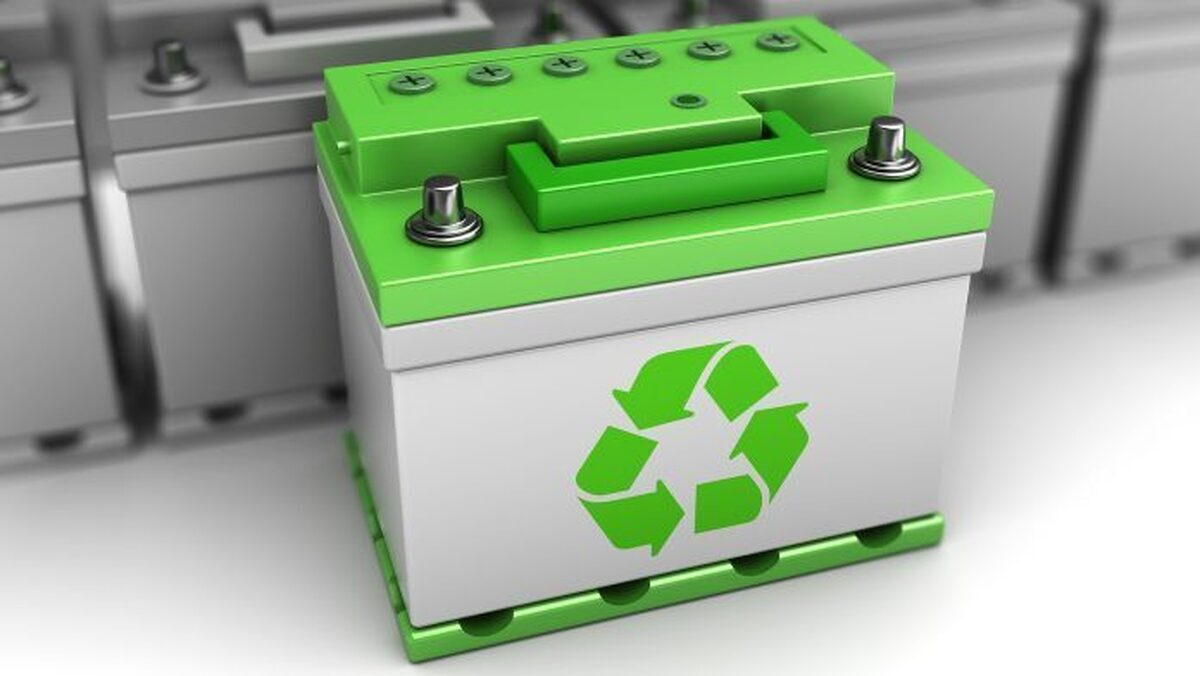Iranian Specialists Design Lithium-Ion Batteries for Electric Cars

“In a bid to help the country gain self-sufficiency in the field of lithium-ion battery cells that can be used in electric vehicles, we succeeded in designing and manufacturing the first battery cell in the country,” Ahmad Soleimani, a commercialization expert of Iran Space Research Center, told ANA.
“These batteries are designed with a capacity of 15 ampere-hour, an energy density of 168 watts per kilogram and a weight of 320 grams,” he added.
Soleimani described the ability to charge and discharge quickly, long life, high efficiency, low weight and low self-discharge as operational features of the lithium-ion batteries for electric vehicles.
“Lithium-ion batteries provide users with the possibility of being used in electric vehicle battery packs, validation of imported cells using the supplied equipment, and a suitable platform for the development of lithium-ion batteries,” he added.
In a relevant development in August, a professor of Physics at Tehran-based Sharif University of Technology (SUT) in cooperation with a research group from Shanghai University in China, offered a new formula for hybrid structure of carbon nanotubes and silicon nanoparticles as the anode of a lithium batteries.
Ali Esfandiar, an associate professor of Physics at Sharif University of Technology (SUT) in collaboration with a group of international researchers showed in laboratory and numerical simulation that the design of suitable functional groups on carbon nanotubes can result in better contact with the surface of silicon nanoparticles.
Despite the very high storage capacity of lithium ion in the atomic structure of silicon as an alternative to the conventional graphite anode, the large and irreversible volume change of the new silicon anodes in lithium ion batteries usually causes the physical fracture of the particle, which causes the disconnection of the conductive agent and the metal context. This unwanted phenomenon leads to unbalanced charge distribution on silicon surfaces in fast charging or low temperature conditions and ultimately reduces the battery’s capacity.
Therefore, the stable and reversible distribution of silicon in the state of lithium ion storage with good mechanical stability in order to withstand large volume change of silicon and maintain the strength and adhesive properties of the material is a big challenge.
4155/v





















